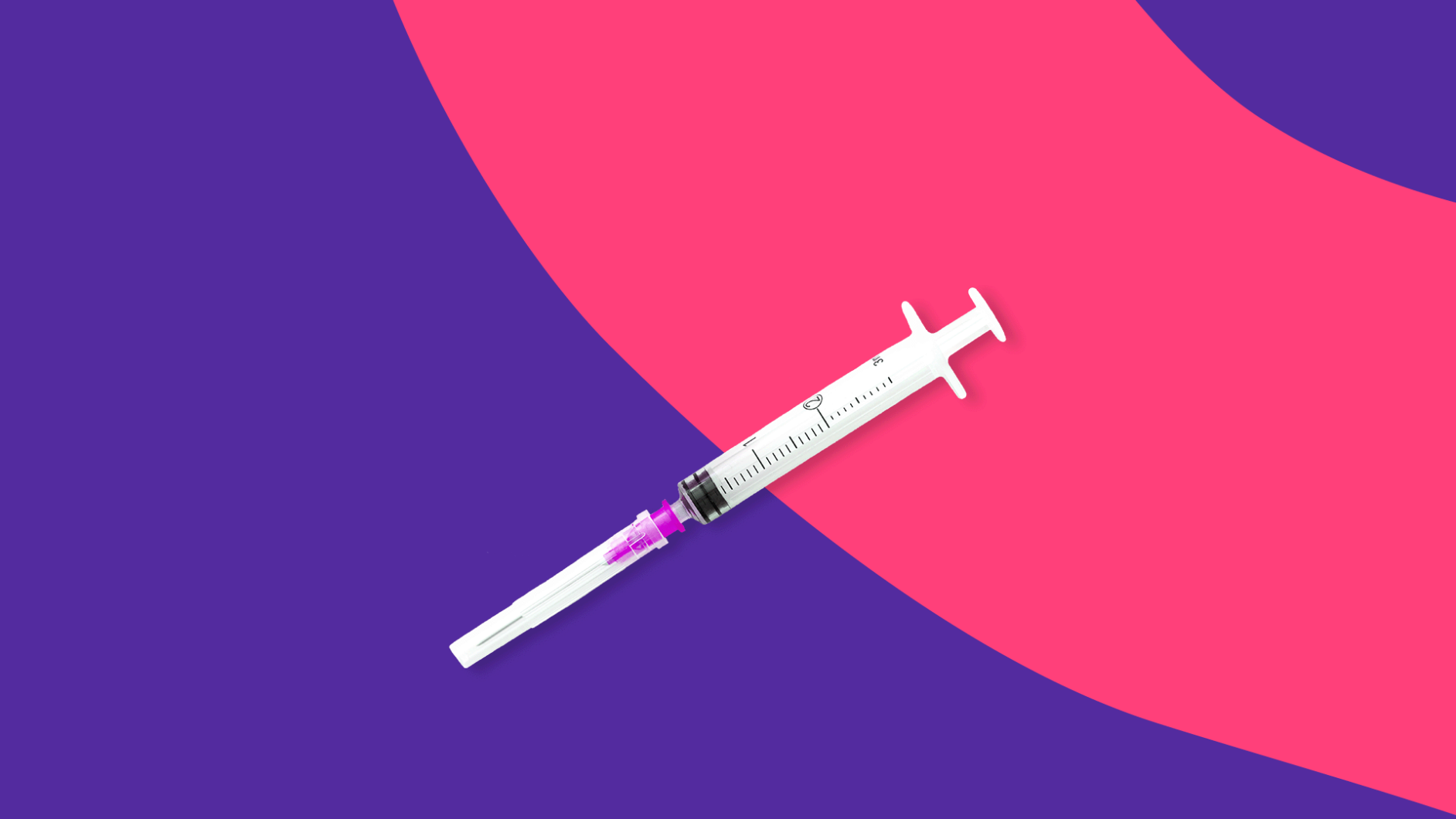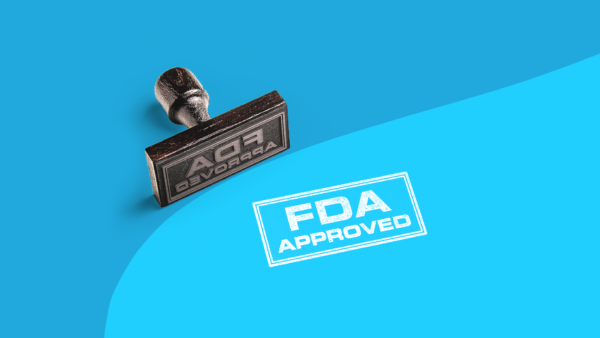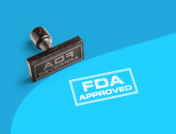People who have had chickenpox are at risk for shingles, which is an itchy and painful rash that can appear on the side of the face and body. Also referred to as herpes zoster, shingles is caused by the varicella-zoster virus, which is the same virus that causes chickenpox.
“Varicella-zoster virus lives in the nerves of anyone who has had chickenpox,” explains James Michail, MD, a geriatric medical specialist at Providence Holy Cross Medical Center in Mission Hills, California. When the immune system gets weakened by age or emotional or physical stressors, the virus can reactivate and cause shingles.
Shingrix is an injectable vaccine that helps prevent shingles. Recommended by the Centers for Disease Control and Prevention, it’s the only available vaccine of its kind still in use. Zostavax used to be another option but was discontinued in 2020.
You need two doses of Shingrix to prevent shingles. Most insurance plans cover the cost of the Shingrix vaccine.
Does Medicare cover Shingrix?
Yes, Medicare beneficiaries get Shingrix for no added cost, but only if they have a Part D plan. Original Medicare—Parts A and B—do not cover the cost of Shingrix. Medicare Advantage plans, which include Parts A, B, and D of Medicare, also cover the cost of Shingrix.
How Medicare covers vaccines
“Medicare Part D plans (prescription benefits) typically cover most vaccines for preventable diseases, such as shingles,” says Ryan Majchrzak, Pharm.D., dementia-care certified owner of Assisted Living Locators of Bel Air in Maryland. “Medicare Part A (hospital insurance) and Medicare Part B (medical insurance) do not cover the shingles vaccine.” Vaccinations for the flu, pneumonia, hepatitis B, and COVID-19 are covered under Medicare Part B.
If Medicare recipients have Part A or Part B (also known as original Medicare), they’re eligible to add optional drug coverage either through a stand-alone Part D plan or as part of a Medicare Advantage plan. Like other types of insurance, individuals have to wait until designated enrollment periods to sign up.
How much does Shingrix cost without Medicare Part D?
With Medicare Part D, Shingrix is available with no out-of-pocket costs. Without Medicare Part D or other insurance, the average retail price of Shingrix is $298.14 for one 0.5 ml vaccine. Since two doses of Shingrix are needed, the total without insurance comes close to $600.
With a SingleCare coupon, you can save close to $80 per Shingrix vaccine, amounting to savings of about $160 after both vaccinations.
Where to get the Shingrix vaccine
Where you get your Shingrix vaccine with Medicare depends on where you live.
“All states permit pharmacists to administer vaccines,” Dr. Majchrzak says. “However, state laws differ as to the details of which vaccines can be administered by a pharmacist, and to whom.” For example, some states require the vaccine to be administered by a provider in a healthcare provider’s office or hospital, not a pharmacy. It is important to ensure that if you receive your shingles vaccine at a healthcare provider’s office, they bill your Part D plan directly.
A tool that provides specific and accurate information on where Medicare beneficiaries can get the Shingrix vaccination is the vaccine locator on the Shingrix website.
RELATED: Getting the Shingrix vaccine—is it worth it?
Bottom line: Medicare Part D covers Shingrix
As with other vaccines, getting a shingles vaccine is strongly advised by healthcare providers. You must be enrolled in a Medicare Part D drug plan or a Medicare Advantage plan that includes drug coverage to get Shingrix for no added cost. Medicare Parts A and B don’t cover Shingrix.
Sources
- About shingles (Herpes Zoster), Centers for Disease Control and Prevention (2023)
- Shingles (herpes zoster) vaccines, Centers for Disease Control and Prevention (2020)
- I have original Medicare (Parts A and B). Do I also have to enroll separately in Medicare Part D prescription drug coverage?, American Association of Retired Persons











